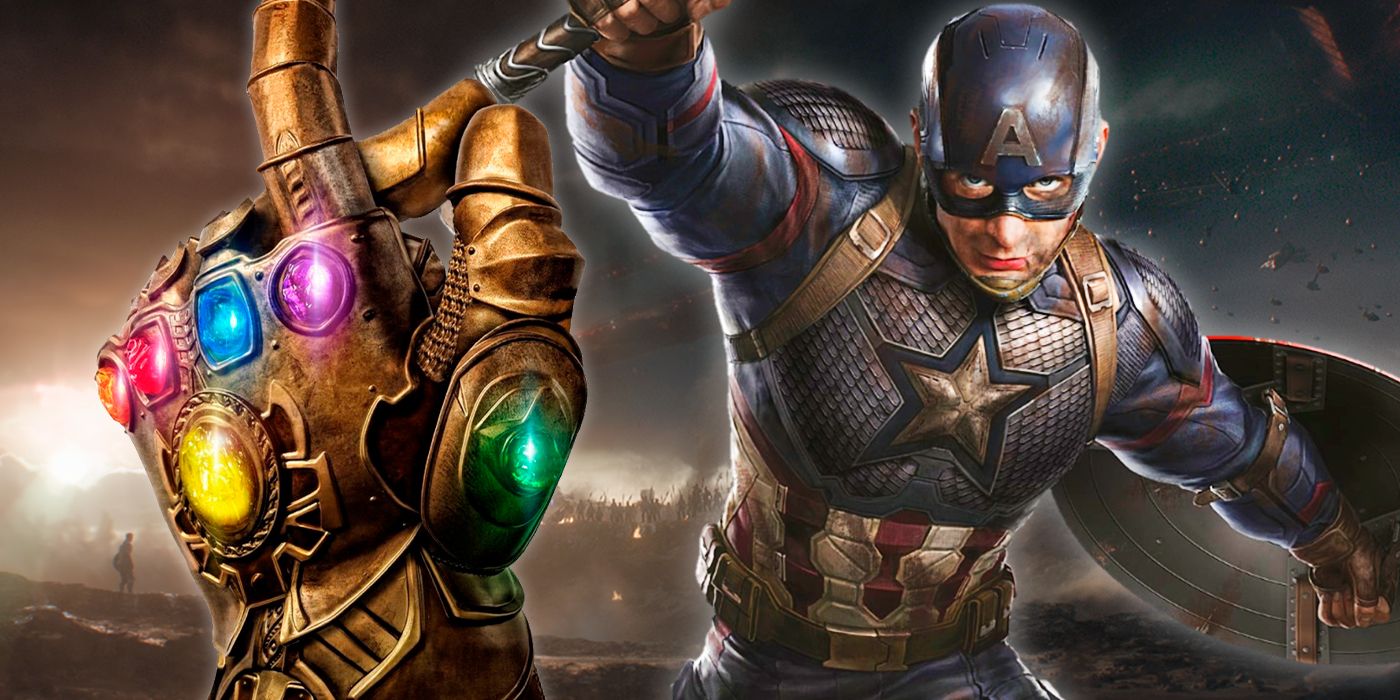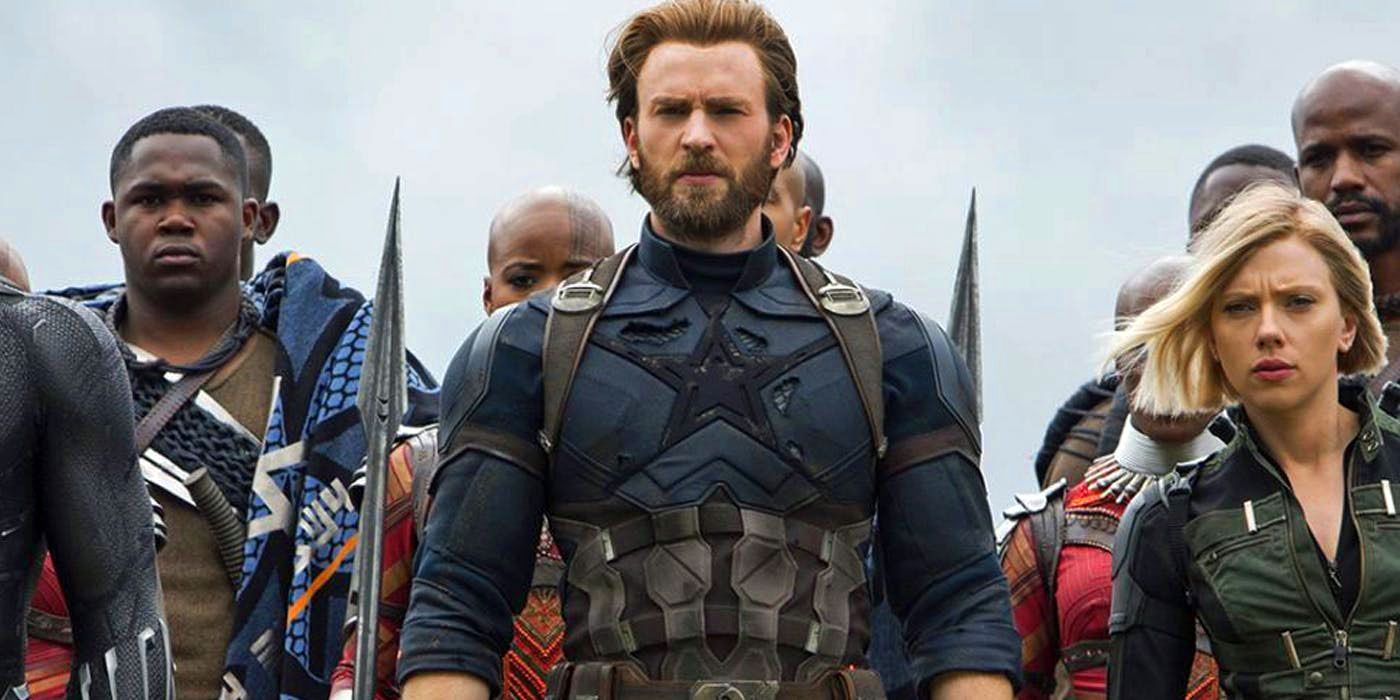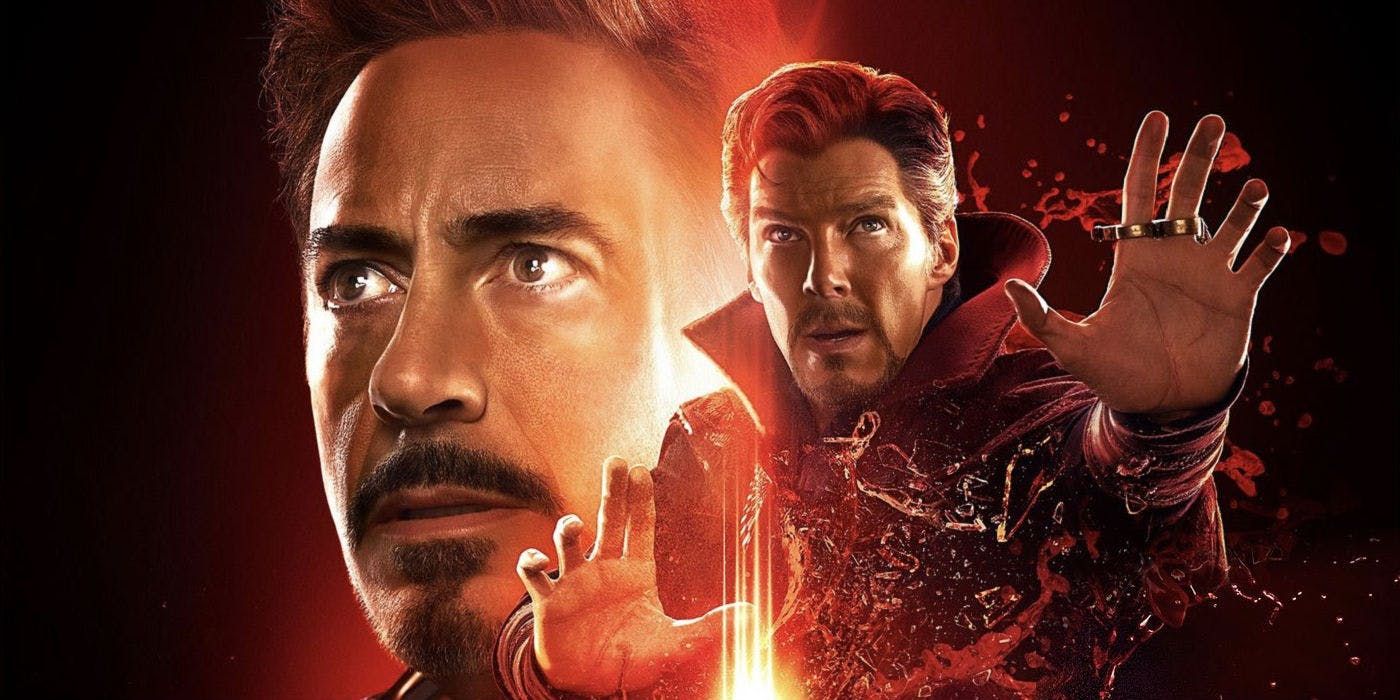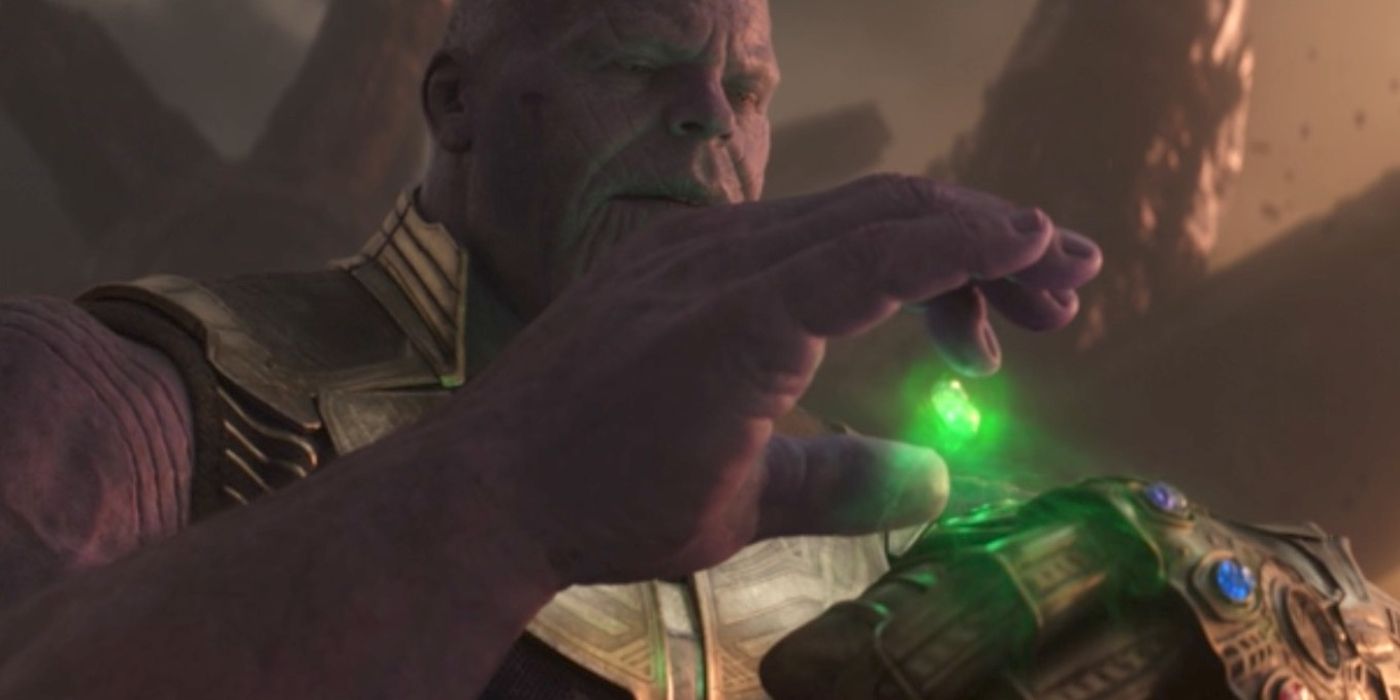In an interview with Inverse's Roxane Gay, The Marvels director Nia DaCosta made a tongue-in-cheek reference to Captain America being a villain or anti-hero because of his decision in Avengers: Infinity War to not take Vision up on his offer to allow himself to be destroyed by Wanda. Had he done so, it could've kept Thanos from completing the Infinity Gauntlet and killing half the universe with his Snap.
Her argument is compelling because it invokes an oft-used Star Trek axiom: the needs of the few outweigh the needs of few, or the one. She makes the point that in this case, the one is just an artificial being. She doesn't diminish the value of Vision's life but simply asserts it as a fact to be considered, which is all fair. However, it all misses the point because Thanos was right: he was inevitable.
When four of the most wanted criminals in the world, Steve Rogers, Wanda Maximoff, Sam Wilson and Natasha Romanoff, arrive at Avengers headquarters in a stolen Quinjet with an injured Vision, Captain America immediately sets the rules of engagement with the Secretary of Defense. He isn't asking for permission or forgiveness and will take the fight to anyone that gets in his way. This is the strongest argument for DaCosta's analysis of his behavior because at this moment, not only is he flouting any accountability but he's also essentially declaring war on the U.S. government if his demands aren't met.
That being said, the heart of DaCosta's thesis, and it's most likely not one of any stout conviction, is that his decision to spare Vision's life resulted in the death of half of all life in the universe, but that just isn't true. At the end of Infinity War, as a last resort just as Cap always planned, Vision is destroyed with the Mind Stone. Wanda abandons her mission of trying to separate him from the Stone safely because they've run out of time, and shatters it to keep it out of Thanos' reach. The Mad Titan, now in possession of the Time Stone, arrives on Earth and finds he is too late.
This is inconsequential since Thanos already has the Time Stone and uses it to rewind events to the moments before Wanda destroyed his prize. Then, he simply rips it from Vision's skull, leaving a lifeless synthezoid husk. While Captain America and the other Avengers were planning with Black Panther and the Wakandans, Tony Stark and Doctor Strange were in space devising a plan of their own. It was their consensus, though Strange had to be convinced, to take the fight to Thanos for two good reasons: reduce collateral damage on Earth and ambush him in a place he thinks of himself as safe. They notably made this decision separate from what Rogers had decided on Earth, and this is ultimately the only decision that matters.
There are also good-faith arguments for the foolishness of this strategy but the validation lies in the fact that it almost worked. Had it not been for Peter Quill's childish reaction to learning of Gamora's death, it seems likely that the Guardians, Nebula, Iron Man, Spider-Man and Doctor Strange could have prevailed. This, however, is also inconsequential because Strange always knew the plan would fail.
The Sorcerer Supreme scouted 14,000,605 alternate futures and only one of them had a chance of succeeding, the endgame. It is unknown whether or not there had been other futures available wherein Thanos failed if Strange hadn't agreed to face him on Titan. He reconnoiters the timeline from a point after that decision was made, but his decision wasn't influenced by any of Captain America's thoughts or actions. Presumably, if there had been a way to make sure Thanos did not retrieve the Time Stone, Strange would have seen that and initiated that plan instead.
When Thanos is about to kill Tony, Strange stops him, not because of some newfound camaraderie forged in battle, but because the only way to stop Thanos required his survival. Tony needed to not only create time travel via scientific means but also to use the gauntlet himself to reverse all that Thanos had done.
No matter what value Rogers put on Vision's life, giving him any agency in Thanos' success or defeat is giving him way too much credit. Once Thanos had the Time Stone, and it would seem that there was no way in the 14,000,605 possible outcomes Strange foresaw that he would not, it was all moot. Any destruction of Vision at any time could be rewound to the moment before it had happened, and Thanos could simply claim the Mind Stone then. Fans know it is possible because that is exactly what happened and what always would have happened.




